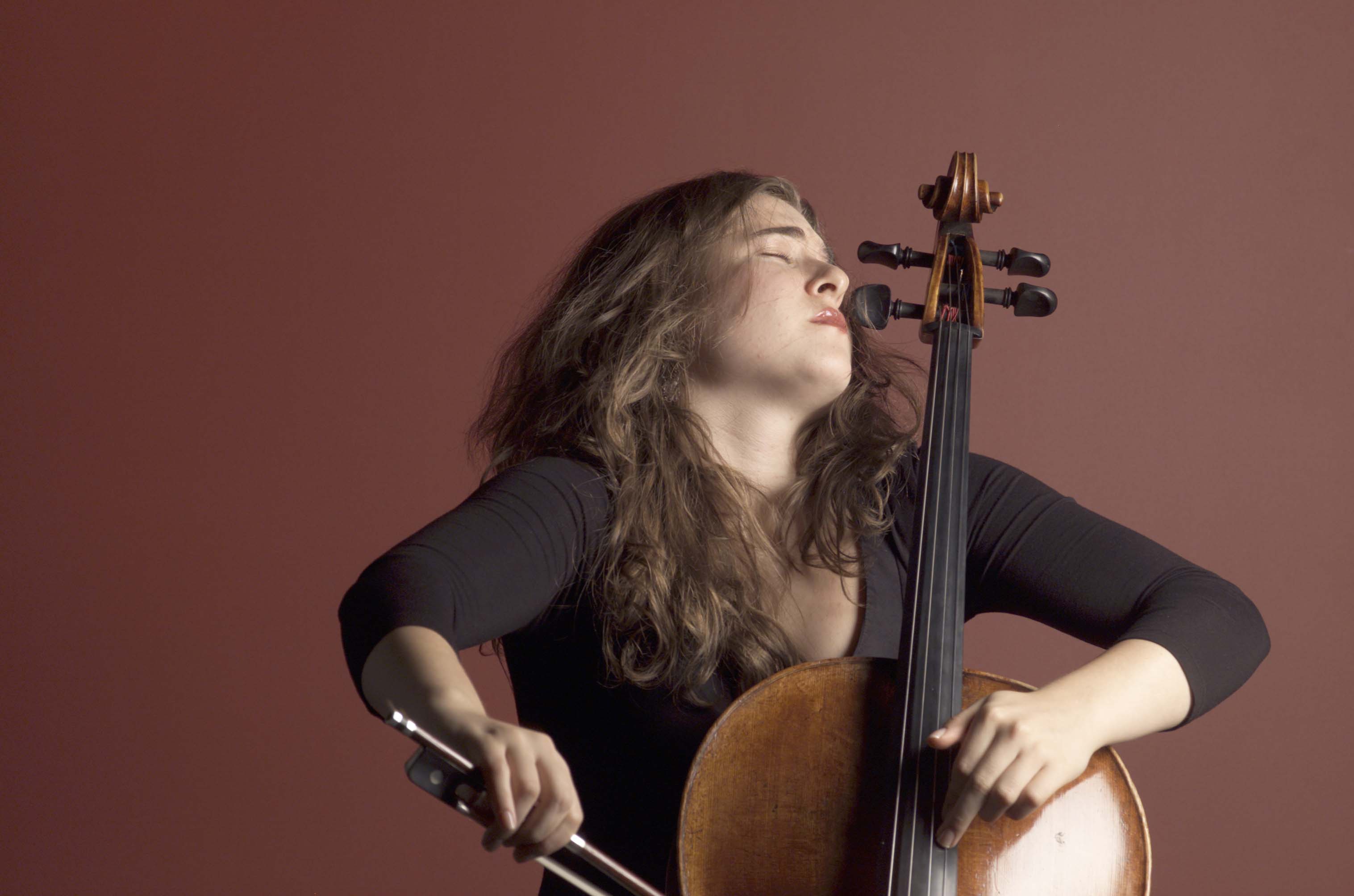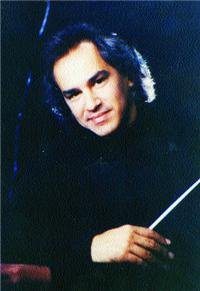Young cellist Weilerstein shows mature artistry in Dvorak
A decade ago, a teenage cellist performed a demanding recital of Bach, Brahms and Tchaikovsky at North Park College in Chicago. While interpretively unseasoned in some respects, her passionate temperament and technical acumen demonstrated that the young musician already possessed the potential for a major career.
Alisa Weilerstein, now 26, made her Broward Center debut Wednesday night in Fort Lauderdale with the Florida Symphony, an event presented by the Concert Association of Florida. And it was clear that even in an era bursting with gifted young string players, Weilerstein is the real thing.
Daughter of Donald Weilerstein, longtime first violinist of the Cleveland Quartet, she is now carving out a major career under her own banner, including debuts this season with the Boston Symphony and Chicago Symphony amid other high-profile appearances.
Like his Symphony No. 9 and the American string quartet, Dvorak’s Cello Concerto is a product of the Czech composer’s U.S. sojourn. There are good reasons why it remains established as the most popular cello concerto in the repertoire with a well-judged blend of minor-key drama and folk-flavored melody in Dvorak’s characteristic style. The solo part is deftly balanced between virtuosity and expressive potential, skillfully deployed in the cello’s higher register to make it shine over the orchestra. Not for nothing did Brahms say that if he knew it was possible to write a cello concerto like this, he would have done so himself years ago.
Alisa Weilerstein possesses a sterling technique, one that allows her to live dangerously, with wide extremes of tempos and dynamics. Yet though her openly emotional playing is reflected in her Yo-Yo Ma-like stage presence, —eyes closed, swaying to the music—her playing is not indulgent or self-communing. More than most performances of Dvorak’s warhorse, she affectingly brought out the deep vein of sadness and melancholy in this music.
To be sure, there was ample bravura with the virtuosic pages dispatched as cleanly as one could wish, often at lightning tempos. But what distinguishes Weilerstein’s art was the extraordinary delicacy and half-tones of her soft playing. Rarely will one hear the lovely second theme of the opening movement lifted so tenderly or such seamless liquid phrasing. In her hushed, inward rendering of the slow movement’s cadenza, the cellist winnowed her tone down to a silvery, barely audible thread.
There was no lack of bite or drama in the final movement or the fiery coda, but, again it was the ineffable tenderness and nostalgic introspection of the final epilogue, as Weilerstein lingers, ruminating on the previous themes that really stays in the memory. A sensitive, heartfelt performance, and Weilerstein will be back in April to perform Golijov with the New World Symphony and Marin Alsop.
Molina contributed attentive accompaniment with fine contributions from clarinetist Paul Green and flutist Ebonee Thomas, though there were more slips and roughness than at the orchestra’s Miami debut, and the souped-up tuttis sounded decidedly raucous at times next to the refined elegance of Molina’s soloist.
Weilerstein probably couldn’t wait to get on a plane and leave town since her performance was afflicted by an audience that was at its worst Wednesday night. Among the distractions were loud, premature applause just as she was about to launch into a gentle solo in the first movement, and the Adagio’s glowing coda was jarringly broken by the jaunty Act 1 march from The Nutcracker emanating from a clueless patron’s cell phone.
The first half of the program repeated Sibelius’ Symphony No. 1, presented by the Florida Symphony a fortnight ago in Miami, with Molina again displaying a sure sense of the music’s drama and the Finnish composer’s ebb and flow. The Dominican conductor skillfully paced the long lines and drew on a wider dynamic palette than previously, notably in a more evocative handling of the Andante.
The evening led off with a rousing performance of the Overture to Verdi’s La Forza del Destino, with Molina eliciting powerful brass playing and notably refined and nimble strings.
Posted in Uncategorized
Leave a Comment
Thu Dec 18, 2008
at 1:43 pm
No Comments








